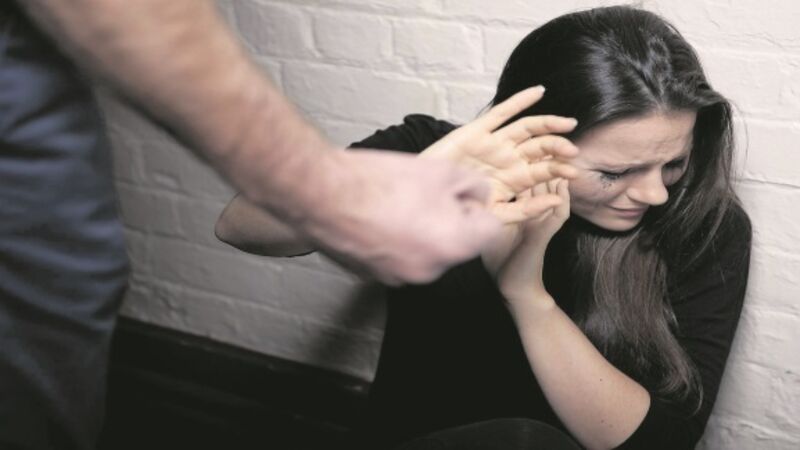We must clarify impact of sexual violence

ON JULY 13, baby Orla sprung into the world. Sleeping peacefully in his arms, a father is floored by the pure love he feels for this tiny creature, who has overnight transformed his world. He would do anything to protect her. Now explain to this father that in Ireland, it seems a man can actually confess to raping a woman like his daughter and still serve no time in prison.
Intimate partner sexual violence is a very difficult crime to prosecute, as usually it is one person’s word against another’s. The huge irony now appears to be that if the aggressor tells on himself then it is “exceptional” and a suspended sentence will follow.
















